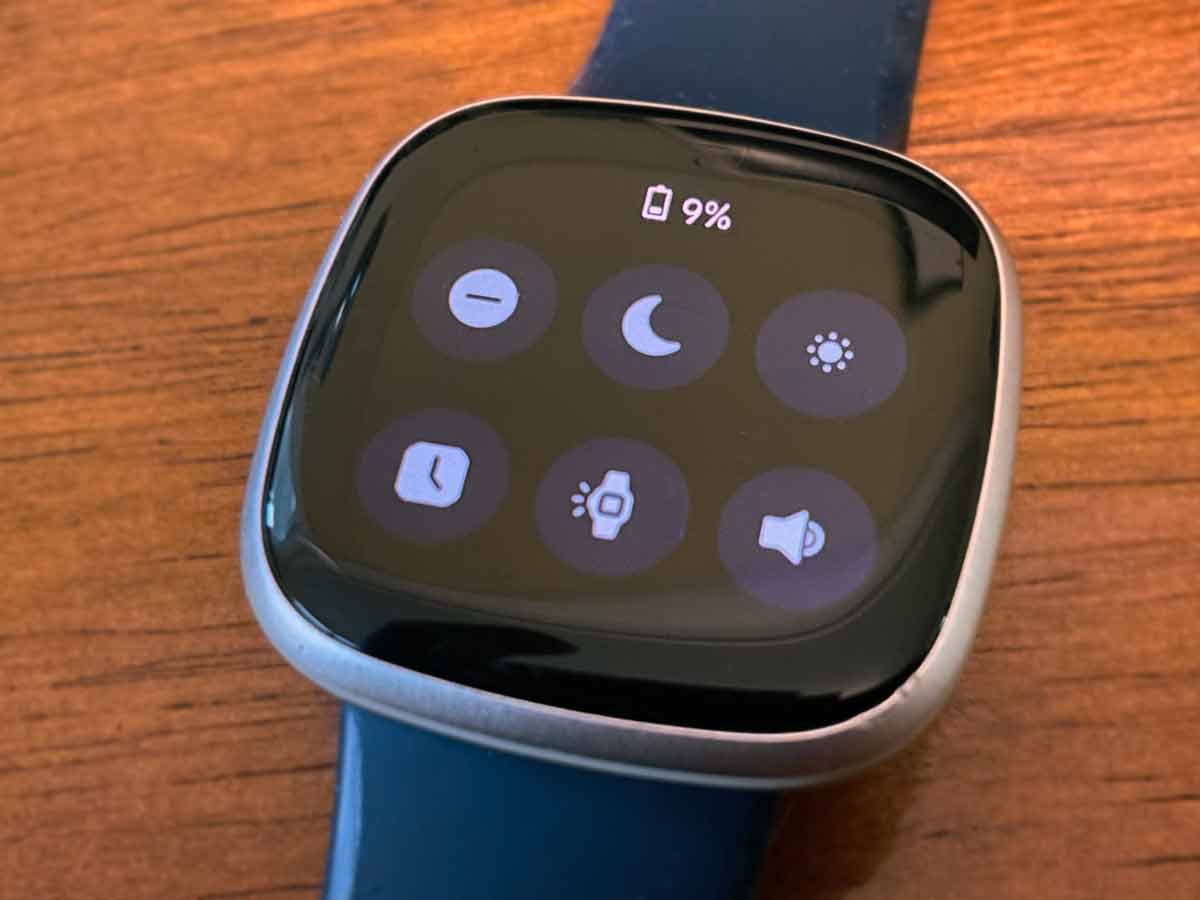Fitbit is dying quickly due to a combination of factors. First, the fitness tracking market has become saturated with competitors such as Apple and Samsung offering similar products at lower prices. Fitbit’s product offerings have also not kept up with customer demands for more advanced features like sleep tracking and heart rate monitoring.
In addition, Fitbit has struggled to differentiate itself from its competition in terms of design or functionality, leading to lacklustre sales numbers compared to its rivals. Finally, Fitbit’s dependence on external partners (like Google) for data collection and analysis has been an Achilles heel that other competitors have exploited successfully. All these factors combined have led to a rapid decline in Fitbits popularity and market share over the past few years.
Fitbit has been in the fitness tracker industry for years, but it seems that its popularity is quickly fading. The company’s products are being outpaced by more advanced and feature-rich trackers from competitors like Apple and Garmin. Additionally, Fitbit’s lack of innovation in terms of design and features has made them less attractive to potential customers.
Furthermore, their focus on the health tracking market instead of smartwatch technology may have further hindered their growth as a brand. Ultimately, these factors have all combined to cause Fitbit’s decline in the fitness tech space over recent years.
Why is My Fitbit Versa Battery Draining So Fast
If you’ve recently purchased a Fitbit Versa, you may have noticed that the battery is draining faster than expected. This could be caused by multiple factors such as having too many apps running in the background, using your device for extended periods of time without taking breaks to rest, or using certain features like GPS tracking and notifications more frequently than necessary. To conserve battery life, try closing unused apps and limiting usage when possible.
Additionally, ensure that your Fitbit Versa has the latest software updates installed, as these can improve overall performance including battery life.
Why is My Fitbit Charge 4 Battery Draining So Fast
If you’ve noticed that your Fitbit Charge 4 battery is draining much faster than usual, it may be due to a few different factors. First, make sure the device is not in constant use as this will quickly drain the battery. Additionally, if you have recently updated its software or settings, this could also be causing increased power consumption.
Finally, perhaps there are apps running in the background that are consuming more energy than necessary – try disabling them and see if it helps!
Fitbit Battery Draining Charge 5
The Fitbit Charge 5 is an excellent fitness tracker that offers a long battery life. With its improved algorithms, the device can last up to seven days on a single charge. Even with regular use, you should be able to get at least five days out of it before needing to recharge.
The good news is that the device features quick charging capabilities – just 15 minutes of charging will provide enough power for an entire day’s worth of activity tracking.
Why is My Fitbit Versa 2 Battery Draining So Fast
The battery life of a Fitbit Versa 2 can vary depending on how frequently it is used and the settings that are enabled. Common causes for fast draining batteries include notifications, background heart rate monitoring, always-on display mode and frequent syncing with a smartphone. To get more out of your Fitbit’s battery life, try disabling unused features or turning off Bluetooth when not in use.
Additionally, charging the device regularly will help to maintain peak performance and prolong battery life.
Fitbit App Draining Battery 2022
The Fitbit App is one of the most popular fitness tracking apps on the market, but users have recently reported that it’s draining their battery much faster than usual. In 2022, Fitbit will be releasing an updated version of the app that promises to improve battery life and provide a more efficient user experience. The new update will include features such as enhanced sleep tracking capabilities and improved data synchronization with other devices.
By taking these steps to reduce power consumption, users can expect longer-lasting batteries when using the Fitbit App in 2022.
Why is My Fitbit Versa 3 Battery Draining So Fast
The Fitbit Versa 3 is a great device for tracking your activity and health, but if you’re noticing that its battery is draining quickly, it could be because of the many features this device offers. Some common causes of fast battery drain include background data syncing, always-on display mode, notifications from third-party apps, and using GPS frequently. To extend your Versa 3’s battery life as much as possible, try to limit these activities or adjust their settings accordingly.
Additionally, make sure your firmware is up-to-date so that all available power saving options are enabled.
Why is My Fitbit Sense Battery Draining So Fast
Having a Fitbit Sense is great for tracking your activity and health data, but one common complaint users have is that their battery seems to be draining quickly. This could be caused by several factors such as leaving Bluetooth or GPS enabled when not in use, having too many apps running at the same time, frequent notifications from the device itself or syncing with other devices too often. To help preserve battery life and get the most out of your Sense, try turning off unnecessary settings when they’re not needed or charging it up overnight instead of using it throughout the day.
Why is My Fitbit Luxe Battery Draining So Fast
One of the main reasons why your Fitbit Luxe battery is draining so fast could be that you’re using features or apps that require a lot of power, such as GPS tracking, continuous heart rate monitoring, or sleep tracking. Other factors like high-intensity activities can also contribute to faster battery drain. Additionally, if your device’s firmware isn’t up-to-date it could be causing a decrease in battery life.
To extend the lifespan of your Fitbit Luxe and optimize its performance, make sure to keep it regularly updated with the latest software version and monitor what activities are impacting the battery life most significantly.

Credit: www.reddit.com
Why is My Fitbit Suddenly Not Holding a Charge?
There could be several reasons why your Fitbit suddenly won’t hold a charge.
– Check if the charging cable is properly connected.
– Make sure the port on your device is clean and free of debris.
– Ensure that you are using an approved charging cable and adapter for your specific device model.
– Try resetting or restarting your device to see if this helps resolve the issue.
If these steps are unsuccessful, it may be time to replace the battery in your Fitbit.
It’s also possible that there is another underlying issue with the device itself which will require professional help from a technician or customer service team at Fitbit.
How Long Should a Fitbit Battery Last?
A Fitbit battery should last between 5-7 days.
Here are the factors that determine how long a Fitbit battery will last:
* Level of activity – more active users may need to charge their device sooner
* Number of notifications and alarms set up on the device
* Use of sleep tracking features
* Brightness settings on display screen
Overall, if used effectively, a Fitbit can maintain its charge for up to one week with average use.
How Do I Stop My Fitbit from Draining My Battery?
To prevent your Fitbit from draining the battery of your device, you should:
* Enable Bluetooth only when required.
* Make sure to keep the app updated with the latest version.
* Turn off all-day sync and set it to manual instead.
* Unpair and disable any unused Fitbits in the app.
These steps will help conserve battery life on both your device and Fitbit, allowing them to last longer between charges.
How Long Does Fitbit Last on Average?
Fitbit devices generally last between one and two years, depending on the model. The following factors can affect your Fitbit’s longevity:
* Battery type: Lithium-ion batteries typically have a longer lifespan than other battery types.
* Usage habits: If you frequently use your device for activities such as swimming or running, it may wear out faster due to increased strain on its components.
* Quality of materials: Some models are made with higher quality components that may be more resistant to damage over time.
Overall, Fitbit owners can expect their device to remain functional for at least one year before needing replacement.
Fitbit Charge 5 Battery draining too fast ? You're not alone
Conclusion
Fitbit has had a great run as one of the most popular fitness trackers on the market. However, with competition from Apple and other companies entering the space, Fitbit is having difficulty keeping up. This is likely due to their lack of innovation and inability to create products that meet customer needs better than their competitors do.
As such, it appears that Fitbit’s days may be numbered unless they can make major changes in their product offerings or marketing strategy soon.



